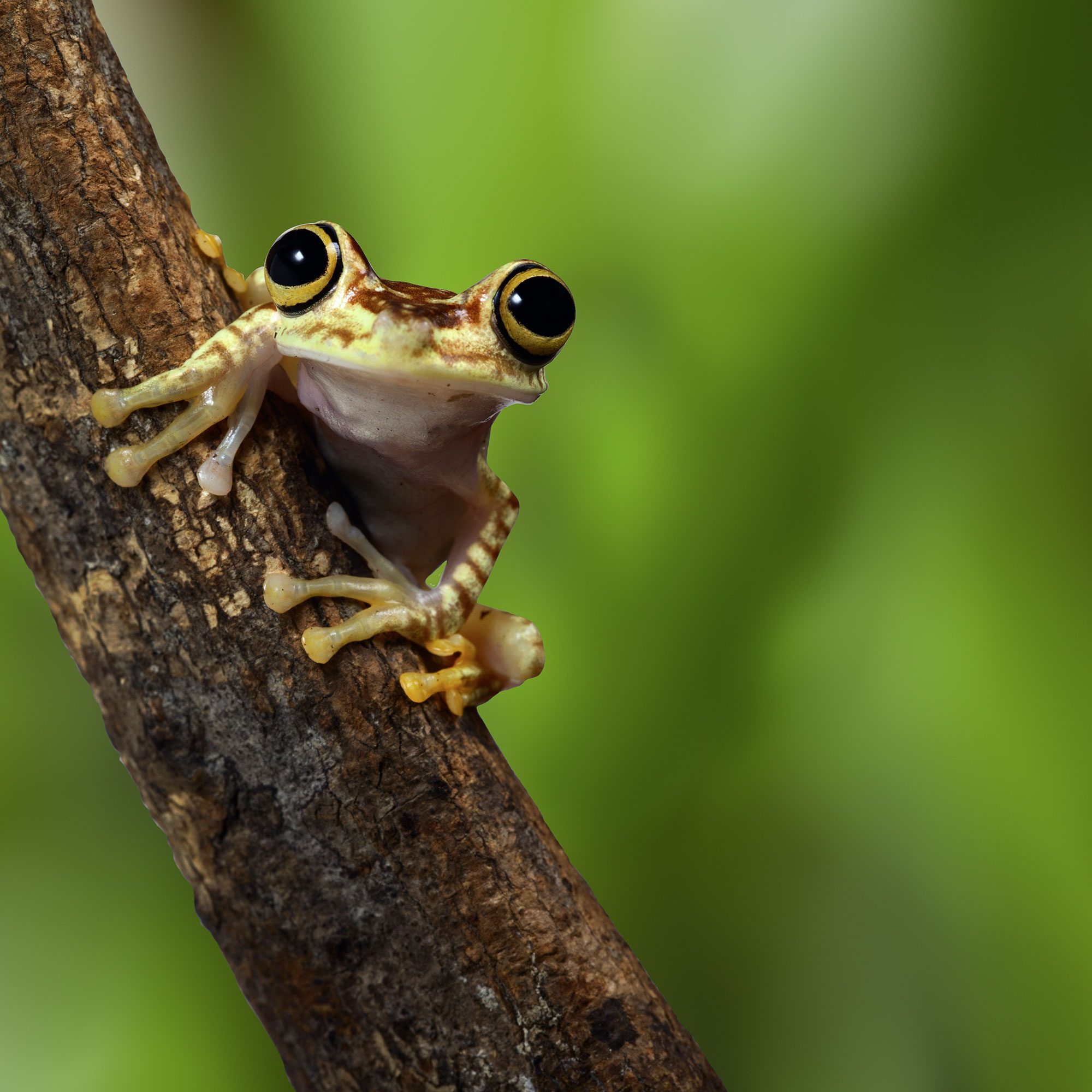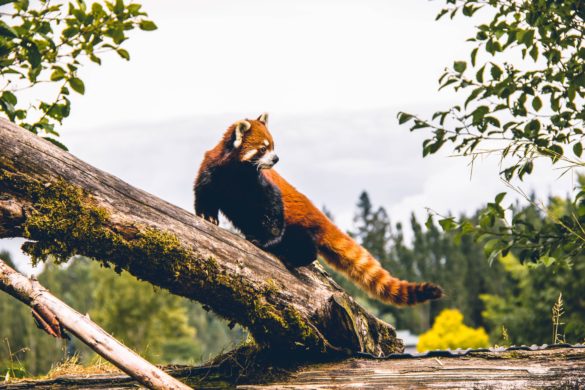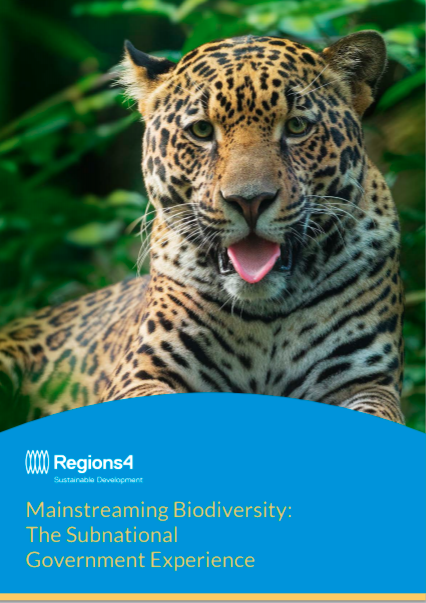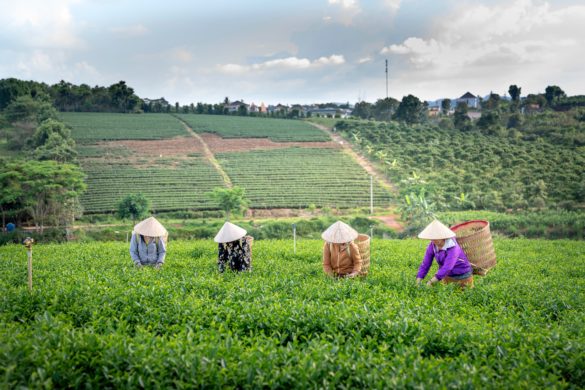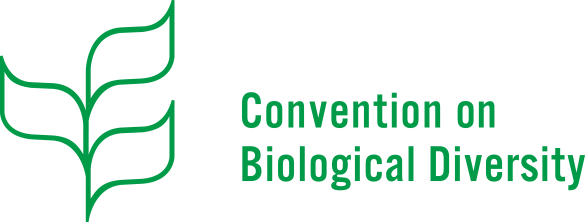The Advisory Committee on Subnational Governments and Biodiversity (AC SNG) is a permanent structure officially recognised by the CBD through Decision X/22 of COP 10 that aims at bringing the voice of regions to the biodiversity agenda. Regions4, together with the government of Quebec, coordinates the AC SNG and its activities:
- Advocacy of subnational governments at the heart of the CBD Secretariat, as well as in any other subnational, national and international biodiversity forums.
- Facilitation of dialogue between members of the AC SNG and different stakeholders, including the Parties to the CBD, to ensure subnational contributions to the CBD.
- Partnerships to support subnational actions on the ground responding to the global biodiversity demands.
- Leadership and collaboration among the AC SNG members to ensure the fulfilment of its two-year action plan.
The AC SNG is a unique platform that is part of the Global Partnership on Local and Subnational Action for Biodiversity created by the CBD in 2010, it unites subnational leaders from Asia, Africa, Europe, North and South America to advance regional solutions to global challenges, primarily focused on supporting the ongoing efforts of the CBD and its Parties and also accelerating innovative results by maintaining a consistent dialogue among themselves.
Highlights
-
CBD COP 14 was a milestone for subnational leadership with 7 Decisions considering their important contribution
Direct references to the important involvement of subnational governments appears explicitly in 7 COP 14 Decisions including that of Mainstreaming biodiversity into economic sectors.
-
The “Sharm el-Sheikh Declaration – Investing in biodiversity for people and planet” recognised regional importance
COP 14’s landmark declaration is an invitation to expand the dialogue and exchange experiences and best practices with subnational actors.
-
Decision X/22 endorsed the “Plan of Action on Subnational Governments, Cities and other Local Authorities for Biodiversity 2011-2020”
The plan provides a set of guidelines for national governments to further involve their subnational governments when revising their biodiversity strategies and action plans.
Activities and outcomes
AC SNG members actively participate in CBD meetings such as COPs, SBSTTA, WGRI and other working groups. Their contributions aim to represent subnational governments worldwide; its members are an essential part of the Summits of Local and Subnational Governments, organised as an official parallel event to the CBD COPs.
The AC SNG has achieved important milestones since 2010:
- The Committee played a key role at the COP14 in 2018 to ensure the constributions of subnational governments to biodiversity were included in 7 official Decisions.
- In 2019 Regions4 and the Committee published the report Mainstreaming Biodiversity: the Subnational Government Experience, which was accredited as an Information Document to the Third Meeting of the Subsidiary Body on Implementation (SBI-3) of the CBD under agenda item 11, providing concrete information on the contributions of subnational governments to the global biodiversity agenda.
- In 2020, Regions4 and the AC SNG were key partners of the Edinburgh Process that resulted in the Edinburgh Declaration for subnational governments, cities and local authorities on the post-2020 global biodiversity framework, a global call to action on a new, stepped-up dedicated Decision at COP-15, for the greater inclusion of subnational governments within the post-2020 global biodiversity framework.
Why join the AC SNG?
Join the Advisory Committee on Subnational Governments and Biodiversity
Write to our Policy Officer through the form below and we will get back to you as soon as possible.
Renata Gomez, responsible
of this project:

Renata Gomez
Biodiversity Programme Manager
rgomez@regions4.org